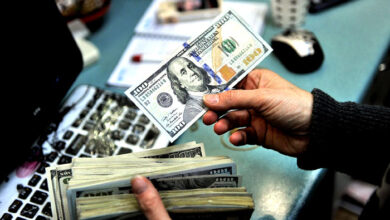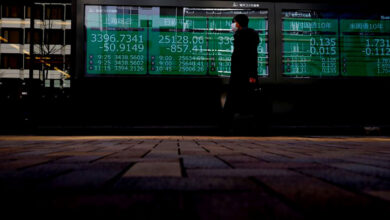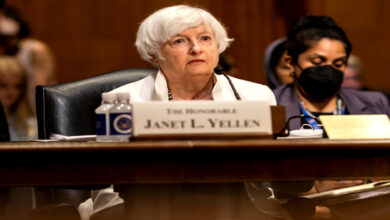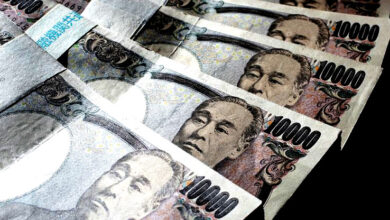Asia FX Slammed by Recession Jitters, Yen Slips Past 150
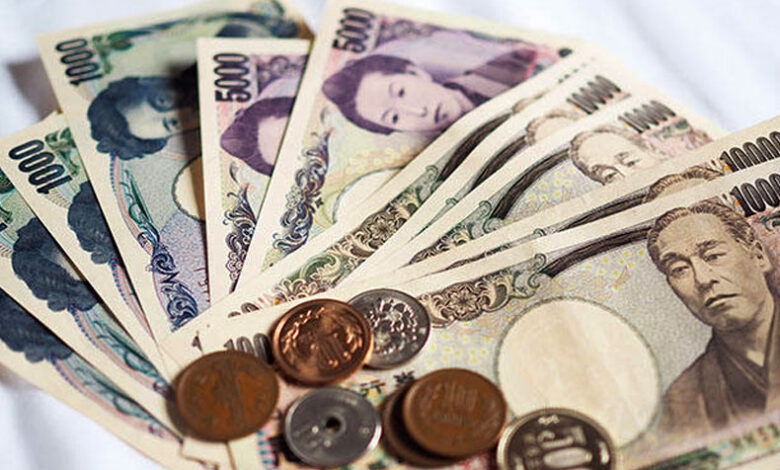
Friday was the first time in 32 years that the dollar was stronger than the Japanese yen. This was because investors were less interested in risky assets because Treasury yields were going up and worries about a U.S. recession were growing.
As a result of information revealing that Japanese CPI inflation reached an eight-year high in September, the yen fell by 0.1%, hitting a 32-year low of 150.29 to the dollar. The result indicates that the third-largest economy in the world will be under more pressure in the upcoming months. It also shows that the Bank of Japan will have to work hard to keep its easy-going policy in place.
Despite vocal warnings from the Japanese government to intervene in foreign exchange markets, short sellers of the yen were unafraid. The yen’s decline this year, which is down about 31%, was only momentarily halted by the government’s intervention in September. The Japanese yen is expected to depreciate by 1% this week, marking its eleventh consecutive week of decline.
In light of the delayed release of crucial third-quarter GDP statistics, the Chinese yuan fell 0.4% on Friday and traded close to a 14-year low against the dollar. The offshore yuan decreased by 0.1% and traded around all-time lows.
In light of President Xi Jinping’s earlier this week’s indication that China’s tough zero-COVID policy is here to stay, reports of loosening quarantine restrictions in Beijing did little to improve attitudes toward the nation.
This week, a rise in U.S. Treasury yields that followed a slew of hawkish remarks from Federal Reserve officials took a heavy toll on Asian currencies. The Thai baht led losses across Southeast Asia with a 0.6% decline, while the Indian rupee was trading around record lows. After the central bank raised interest rates by 50 basis points on Thursday, the Indonesian rupiah performed slightly better than its rivals, declining just 0.2%.
President of the Philadelphia Fed Patrick Harker says that rising U.S. interest rates are making people worry that the biggest economy in the world will go into a recession because the government is trying to slow down the economy.
His remarks gave Treasury yields more fuel, and 10-year rates rose 0.9% to their highest levels since the 2008 financial crisis as a result.
Both the dollar index and dollar index futures were steady on Friday, remaining close to the 113 mark. However, a small weekly loss for the dollar was expected.
The British pound sank 0.3% in choppy trade after UK Prime Minister Liz Truss announced her retirement after just six weeks in the position. Gilt yields increased by almost 2%.

